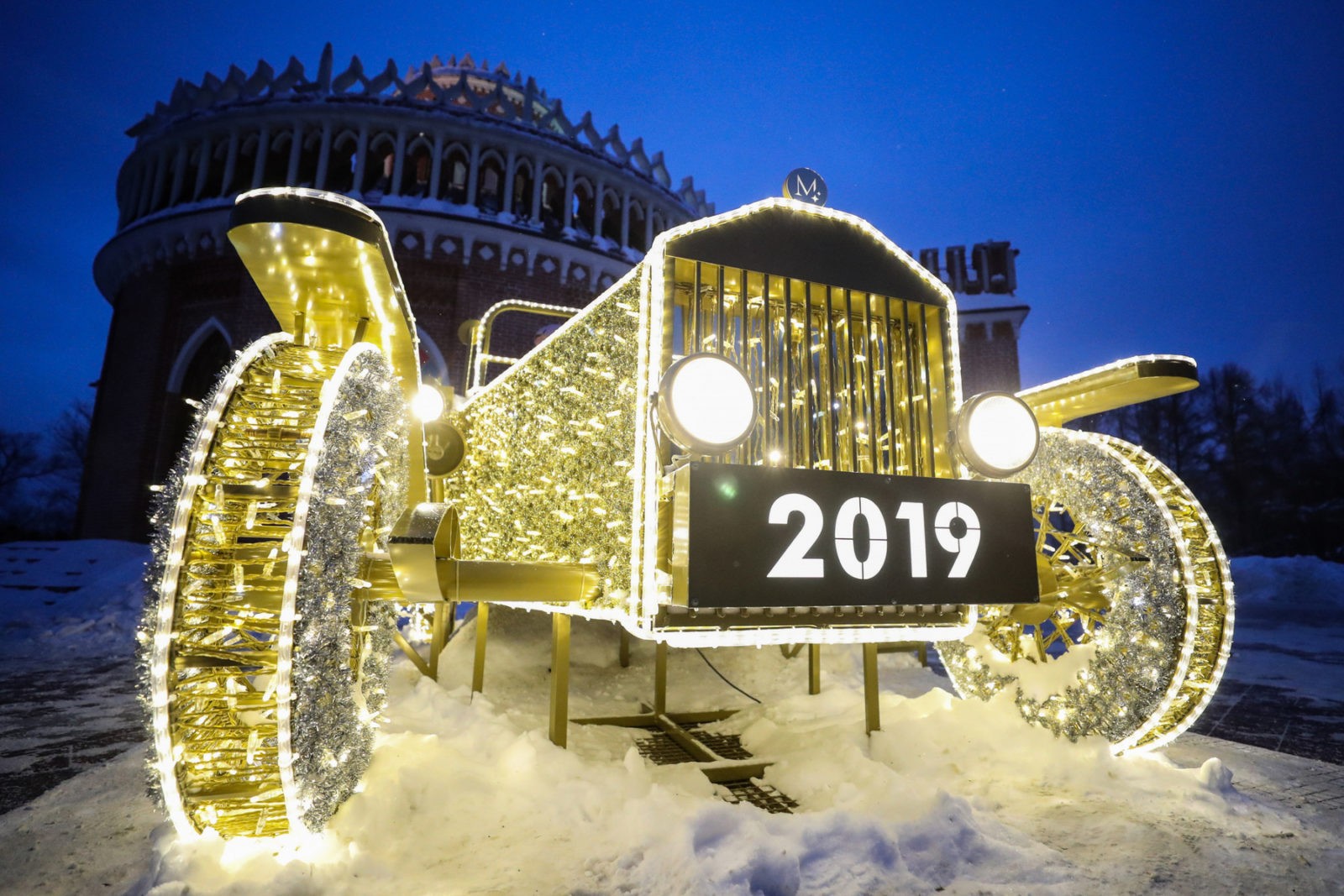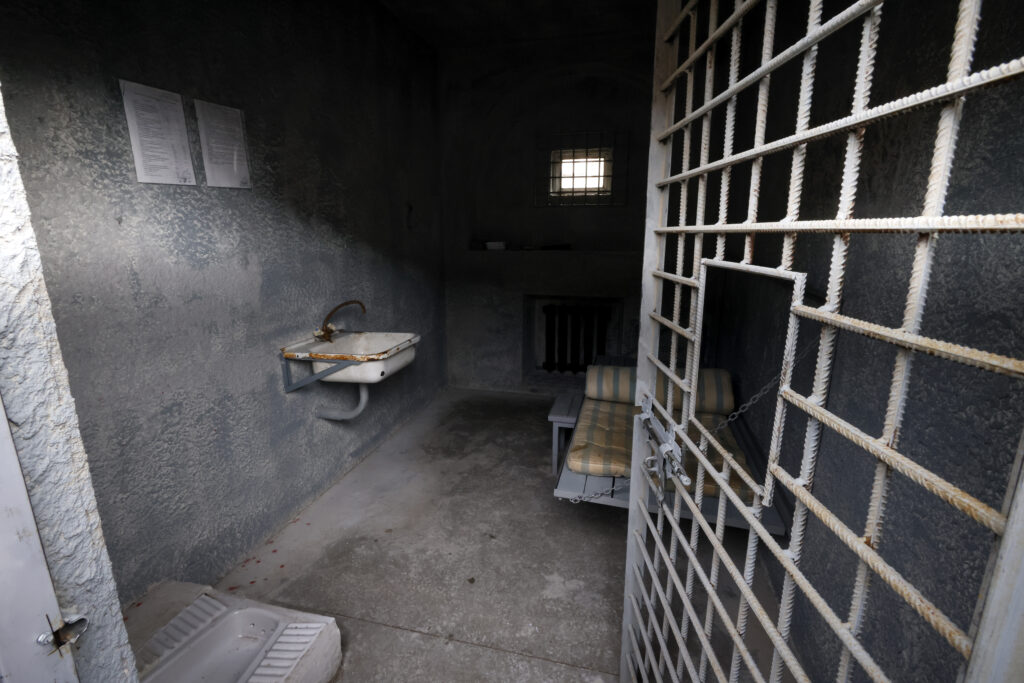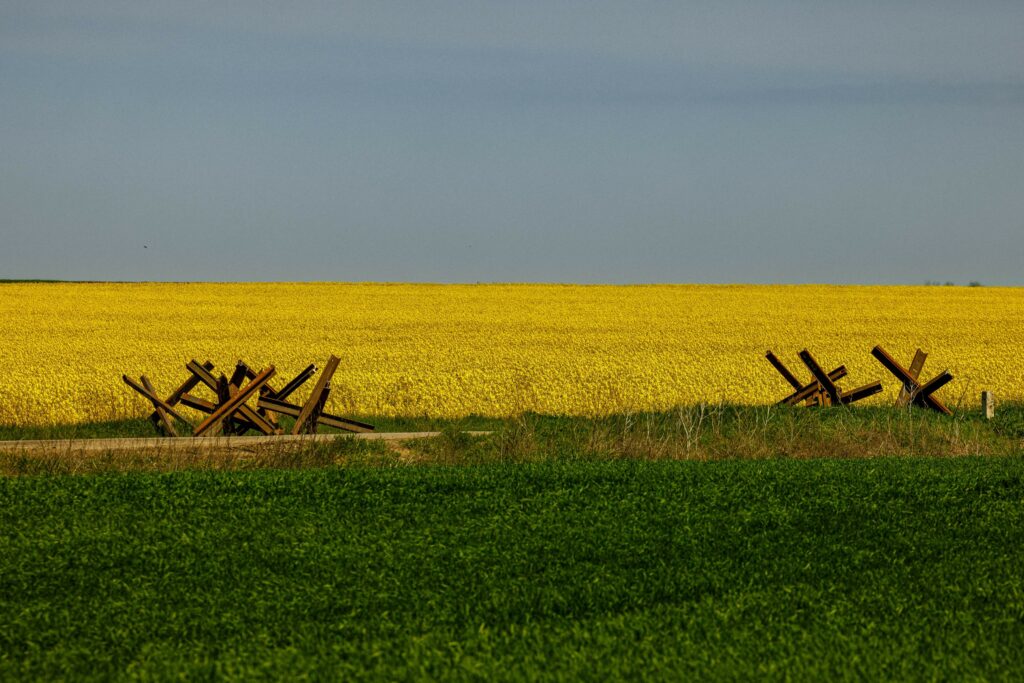Taking stock of the year past usually means looking for what distinguished it from previous ones. Public opinion, or rather public expectations, did not do the last year many favours. In fact, Russians saw 2018 as worse than 2017; the share of people who considered the past year worse than the one before it rose from 39% to 45%. Nevertheless, even this result is much more optimistic than the results of similar surveys from 2014 to 2016. The reasons for this rise in pessimism lie in Russia’s mounting internal problems and the country’s growing international isolation. Anxiety is also on the rise; the proportion of Russians who believe 2019 will be worse than last year has grown from 16% to 33%. A comparable level of concern came in 2014, amid a currency collapse and the outbreak of armed conflict in eastern Ukraine.

In order to understand these trends, let’s single out a few issues which determine Russians’ pessimistic attitudes.
Firstly, international relations have become much more complex. The share of Russians who consider a conflict with a neighbouring state in the coming year to be likely has risen from 19% to 30% compared with the previous year. Fears that Russia will become embroiled in another conflict are being sounded again, as one of several worst-case scenarios for 2019. However, Russia’s military adventures abroad no longer enjoy the same degree of legitimacy. The eruption of conflict with Ukraine in 2014 was presented as a necessary struggle for Russia’s vital national interests, and was accompanied by a surge in hatred towards an imagined enemy. Over the subsequent five years, people have become accustomed to constant information warfare and confrontation with the West. As a result, they have become more hardheaded and calculating; Russians understand war as a mechanism for the state to promote its interests, fight for new economic advantages (in whatever form Russians understand them), and test new weaponry.
War with NATO and the United States seems less likely. But a more real prospect, as in recent years, is a renewed information war. Russians’ attitudes towards the US are very unstable and largely depend on the prevailing media environment, but are also less dominated by volatile emotional reactions. Just as with attitudes to Ukraine, relations with the US remain an issue somewhere in the popular consciousness, but take a back seat to more pressing social problems. At the same time, a survey conducted in November 2018 revealed that the number of Russians concerned about international sanctions had increased from 29% to 43% (the «very concerned» reached their highest share, 21%, since the survey began in 2014.) Thus rising international tensions are not only reflected in perceived influence on personal wellbeing (the number of Russians who believe sanctions have negatively affected them is generally quite small), but also in the Russian state’s limited ability to perform its social obligations to ordinary citizens. After all, war does not come cheap. Both weapons development at home and pursuing military engagements abroad, such as the campaign in Syria and support for the rebels in the Donbas, require large injections of cash.
Secondly, the past year has finally seen an end to the protracted period of high public support for the authorities. For example, when Levada asked to name the most memorable moments from 2018, Russians chose the opening of the bridge over the Kerch Strait and the announcement of pension reforms. These two events seem incompatible, at least in terms of emotional resonance. The bridge is one of several large-scale national projects designed to return a popular sense of ownership of national success, and one of the state’s continuing attempts to strengthen symbols of imperial glory. Amid a barrage of almost entirely negative news headlines, the opening of the bridge seems a breakthrough event, although it is doubtful that most Russians will be able to make use of it. At the same time, domestic political problems are now so severe that they can no longer be drowned out by militaristic, patriotic tub-thumping. Pension reform is a turning point not just because it has destroyed trust in state institutions; it also signals that the Russian leadership is planning on a long-term decline in government revenues, and trying to manage accordingly.
When news emerged of tax increases and price hikes, Russian society interpreted it as just another attempt to get them to bear the cost of patching holes in the state budget. Since such developments are predictable for ordinary Russians, they do not provoke widespread unrest. We could even say that the state behaves in ways prescribed to it by the stereotypes in popular consciousness. These same stereotypes see Vladimir Putin as a defender of public interests and a counterbalance to the state bureaucracy. However, after the announcement of pension reforms, the president failed to meet these expectations; Putin’s approval rating instantly dropped from 80% to 66%. It will be quite difficult to find new catalysts to help it rise again; Russians’ subjective sense of wellbeing is declining, as shown in surveys of public mood conducted since April 2018.
Thirdly, 2018 revealed like no other year the Russian opposition’s lack of organisational capacity. Pension reforms did not face strong resistance from society, despite the fact that 90% of Russians opposed them. However, we must bear in mind that an increase in stated readiness to protest can serve as an indicator of discontent: in November, 37% said they expected the rise of further social protests, and 30% declared their willingness to take part in them. But this should not be taken as read; rising expectations of protests are not always accompanied by their coming to pass. Russians do not see any political leaders capable of offering and realising their thorough agenda, and 2018 proved no exception to that rule. Presidential elections were held in a tightly controlled and uncompetitive environment. Discontent was palpable during the regional elections in September, but had no leverage to apply. According to Levada Center some 38% of Russians believe that the failures of the authorities’ lackeys are a consequence of the deterioration of the situation in the country as a whole. The belief that this situation is a consequence of the authorities’ failures on a federal level (as 29% of Russians believe) is almost as widespread as statements that local authorities are incapable of solving peoples’ problems (which 26% believe.) While there is a growing understanding of the systemic nature of these problems, there is no concurrent awareness of how ordinary people can protect themselves from the consequences.
Fourthly, 2018 was not an easy year for the opposition in the eyes of the public. In September, just 3% of Russians named Alexey Navalny among politicians they trust. Navalny’s approval rating has not budged since 2017, despite his presidential campaign and attempts to realise the protest potential of popular discontent at pension reforms. The past year has made it clear that civil protest «parades,» consciously freed from the rigours of political agitation and organisational structure, are not an effective political strategy of exerting pressure on the authorities. No less important is that the highly charged emotions which once prompted Russians to take to the streets have exhausted themselves. On the other hand, Navalny’s protests have given cause to speak of the «return» of the youth to politics. While that statement may be an exaggerated one, it is not meaningless. The number of young people involved in civic organisations is still small (as with other age groups, it does not exceed 10% of the total number of respondents), but a distinct youth subculture has nevertheless begun to take shape.
Art has been politicised anew, and that trend has become a fashion in its own right. The recent banning of concerts and the state’s awkward attempts to pay attention to youth culture are the best proof that this has become a statistically significant phenomenon. The mass consciousness of young Russians is particularly dynamic, being less affected by their parents’ attitudes and the influence of state media. For example, the biggest decrease in the president’s approval rating could be observed among 20 year olds. Those between the ages of 18 and 24 are less approving of censoring the discussion of taboo topics. However, a study by GFK suggests that the values of people under 25 years old, (who are more averse to conflict and oriented towards individual success) might leave little room in their lives for collective action. This is compounded by the fact that any public manifestation of dissent can lead to problems at school or the workplace. Additionally, the severity of punishment calls into question the very possibility of organised «youth protest.»
Fifthly, the state’s informal monopoly over the information space is gradually giving ground to media diversity. In 2018, social networks and online publications became the leading sources of information for record numbers of Russians (28% and 37% respectively.) Among young Russians, online sources have caught up with the influence of television for the very first time. Watching television, for example over breakfast, remains something of a «ritual» for Russians. Furthermore, many people see information from state media as bearing a «mark of quality.» However, the narrow coverage of television leaves a lot to be desired in terms of information, and accordingly a lot of gaps which Russians fill with other sources. While the sharp drop in consumers of television news (from 85% to 73%) as recorded by the Levada Center in August cannot solely be explained by structural factors in Russians’ patterns of media consumption, they do nonetheless play a role; for example, the share of internet users among Russians of retirement age is also on the rise.
This rapid growth in consumption of online news sources and the use of social networks is most likely tied to the main political theme of 2018: pension reform. A growing significance of political rumours has also played a role. Word of mouth has become a key source of news; thanks to this enduring characteristic of rural life, Russia is literally turning into a «global village.» The outsized role of hearsay should come as no surprise; when society has such a low level of trust towards news put out by the authorities, it will begin to seek out alternative sources of information. Tellingly, 24% of Russians believe that pension reform is more objectively covered on social networks than on television, hinting that people are starting to search for the truth elsewhere, from sources where they will see more than narrow, official explanations.
In conclusion, Russians do not expect any radical changes in the coming year. Both society and the authorities are preparing for a long-term deterioration. The latter are on the hunt for new ways to replenish the state budget, and businesses and ordinary citizens will pay the price. They in turn are looking for ways to withdraw from and circumvent the control of the state, rather than actively resist its influence. Finally, 2019 will show whether Russian society can find the strength to be assertive and stand up for its rights in unison, or whether ordinary citizens will continue to struggle with increasingly fraught living conditions alone.









